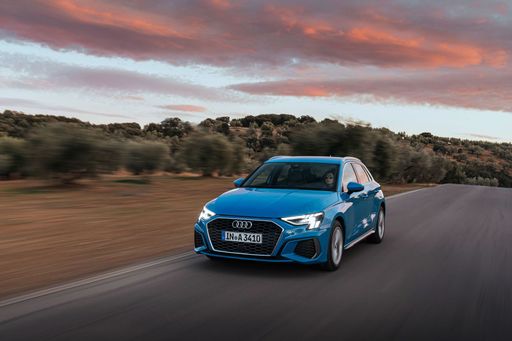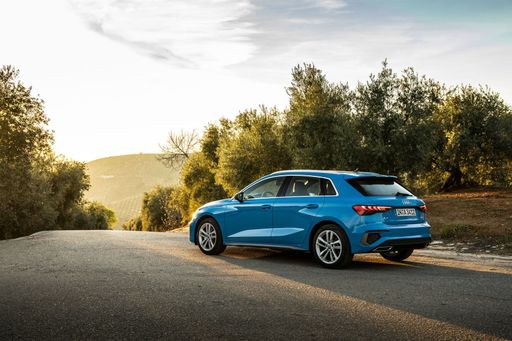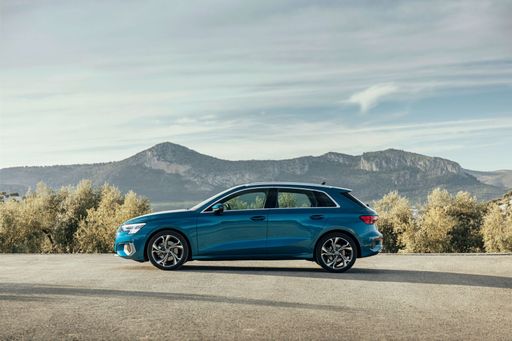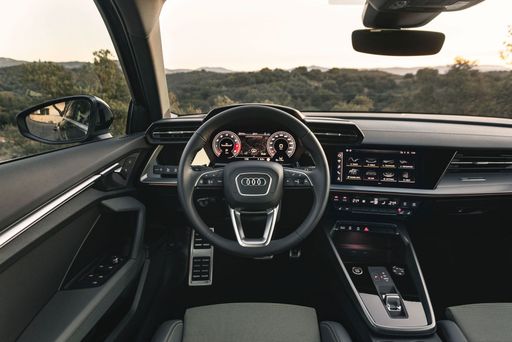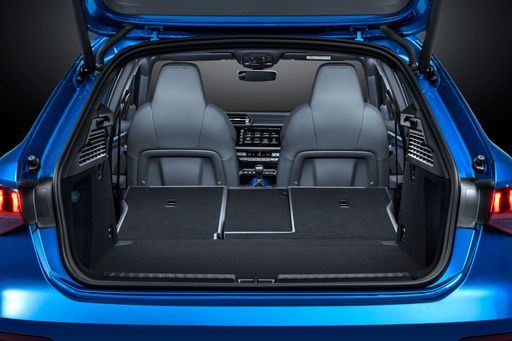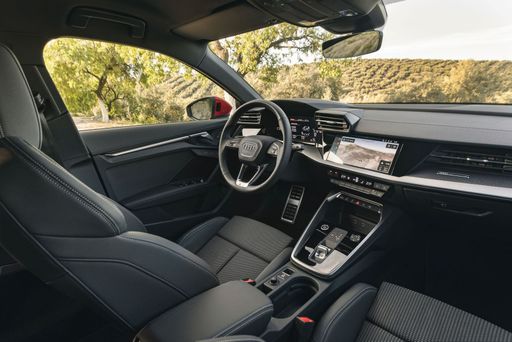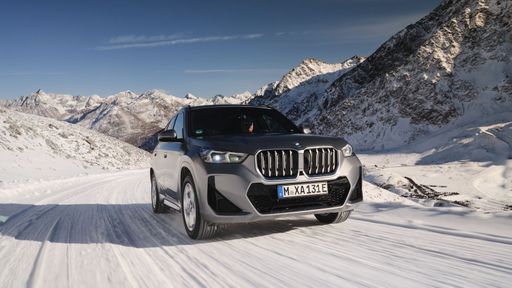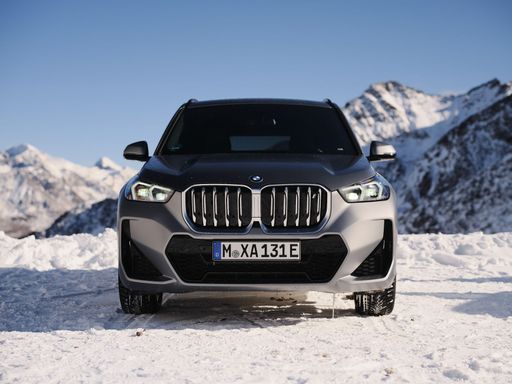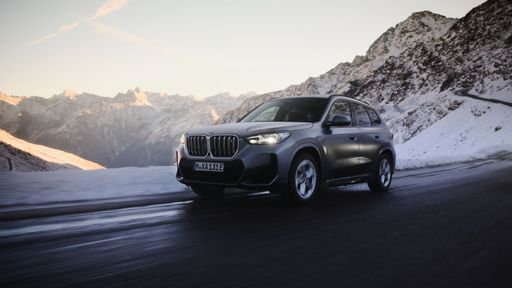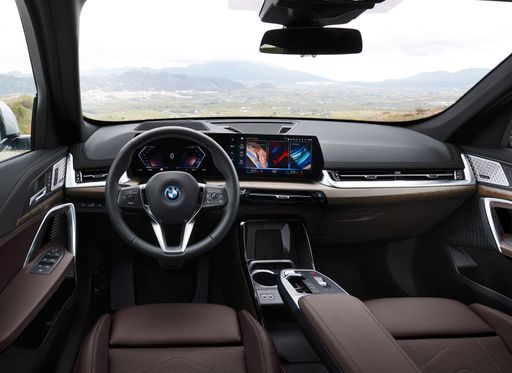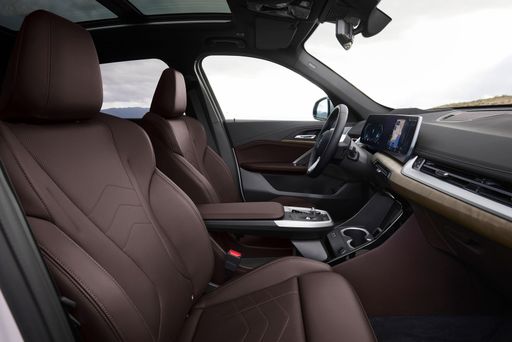Audi A3 Sportback vs. BMW iX1: A Clash of Automotive Philosophies
The landscape of the automotive world is continually evolving, with brands like Audi and BMW leading the charge in innovative engineering and style. In our latest comparison, we delve into the technical prowess and unique attributes of two standout models: the Audi A3 Sportback and the BMW iX1. Though both astonishing in their design and tech offerings, these vehicles stand on different sides of the automotive spectrum—one being the epitome of efficient hatchback dynamism, the other showcasing the power of electric SUV technology.

